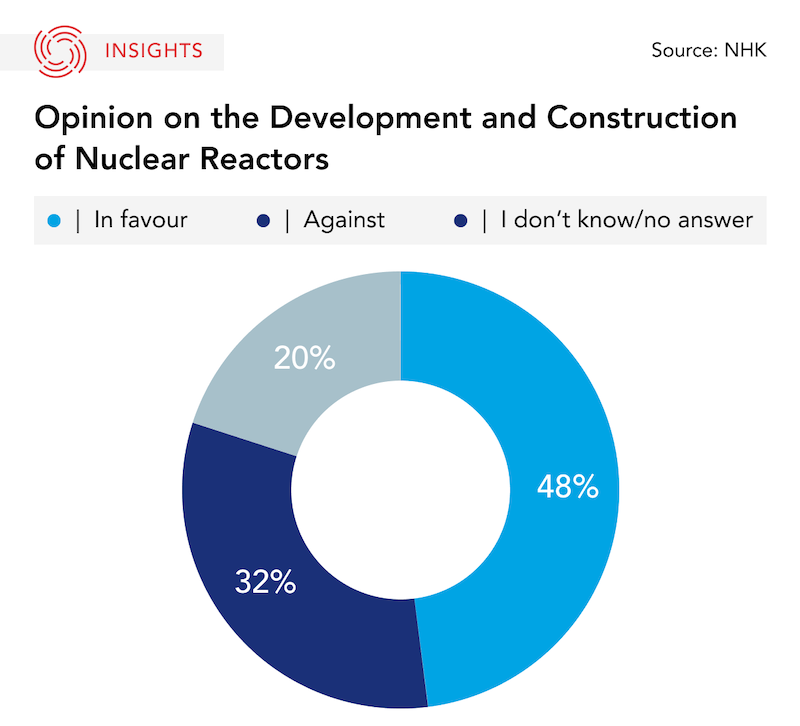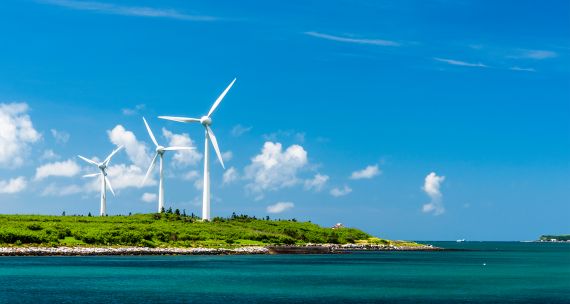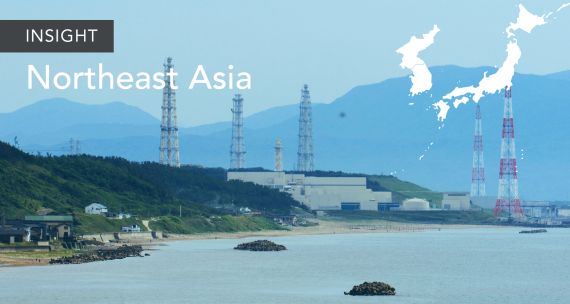The Takeaway
Municipal elections in a small Japanese town highlight how nuclear energy remains a contentious topic in the country as the central government moves towards expanding its use in response to the global energy shortage. This issue will continue to pose a challenge for Japan’s energy security as public opinion regarding nuclear power remains polarized.
In Brief
On October 23, voters in Kaminoseki, a small fishing town home to 2,400 people in Yamaguchi Prefecture, elected pro-nuclear candidate Nishi Tetsuo. Nishi argues that a new power plant will help revitalize the town, notably through government subsidies that will increase revenue and create new job opportunities. While plans for the Kaminoseki nuclear power plant have been in motion for decades, construction of the plant was halted in 2011, four days after the devastating nuclear disaster in Fukushima, which led to Japan’s move away from nuclear energy. In Kaminoseki, the issue faded away as the local government focused on other major issues such as its sputtering economy and rapidly declining population. However, amid recently growing energy security concerns, in 2021, the Government of Japan passed the Sixth Strategic Energy Plan, which includes a commitment to “pursue all options,” including nuclear energy. With the push to increase domestic energy production, the anti-nuclear camp in Kaminoseki fielded its first candidate since 2011.
Implications
The global energy shortage, Japan’s reliance on energy imports, and delays in meeting international commitments for decarbonization have shifted Japan’s post-Fukushima energy strategy of slowly phasing out nuclear power. In August, as the country faced a worsening energy shortage ahead of the winter months, Prime Minister Kishida Fumio confirmed plans to restart existing nuclear power plants and develop next-generation nuclear reactors by 2025. With the changes in the national nuclear policy, the Kaminoseki election is one instance of a larger public debate on the country’s expansion of nuclear power.

- Public opinion remains divided. A survey conducted by NHK, Japan’s national broadcasting service, regarding the government’s decision to develop and construct next-generation nuclear reactors showed that 48 per cent of respondents were in favour and 32 per cent were against.
- Citizen protests have taken place throughout Japan. In August, 200 protesters demonstrated in Sendai, Miyagi Prefecture, against extending operations for the Sendai nuclear power plant with signs that said, “don’t forget Fukushima” and “goodbye nuclear energy.”
- The safety of nuclear power plants’ operating lives has been raised as energy companies throughout Japan apply for 20-year extensions above the current legal 40-year operating life limit.
- Local impacts of new nuclear plants, both positive and negative, are debated in potential host towns. In Kaminoseki, proponents argue that the nuclear facility will revitalize the city, whose population is aging and rapidly declining. Government subsidies previously accounted for 25 per cent of the town’s revenue and restarting construction could create new jobs and increase migration to the town. However, opponents express concerns about potential environment and livelihood risks. For example, in 2017, the Yamaguchi fisheries cooperative expressed dissatisfaction with the compensation package paid by Chugoku Power Electric Co. to proceed with the power plant construction
What’s Next
- Japan’s energy shortage is expected to worsen in the upcoming months. The yen’s depreciation and the country’s reliance on energy imports have significantly increased electricity bills for the public. The Japanese government has asked its citizens to reduce energy consumption and introduced an economic stimulus package to offset the increasing prices. More measures are expected.
- Nuclear waste treatment in Japan has been limited; thousands of tonnes of radioactive waste await approval for long-term storage and disposal. Disposal site applications by two Hokkaido fishing towns and the recently approved discharge of treated wastewater from the Fukushima Daiichi plant have been met with concerns from environmentalists and community members. Increasing public opinion in support of nuclear power expansion will require that safe, proper, and permanent nuclear waste disposal be in place.
- Efforts by the government and private sector to increase renewable energy remain strong. International and domestic investments into Japan’s renewable sector have increased, including a major Canadian pension fund, which committed 70 billion yen (C$649 million) to a Japanese renewable energy company in October 2022.
• Produced by CAST’s Northeast Asia team: Scott Harrison (Senior Program Manager); Momo Sakudo (Analyst); and Tae Yeon Eom (Analyst).




